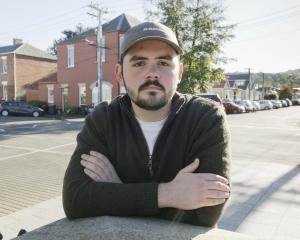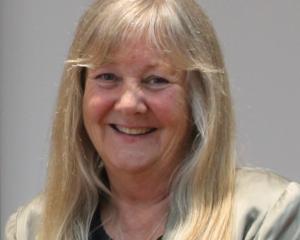
It is not news that general practices are under pressure.
For years we have been writing about the ageing GP workforce, and the difficulties of attracting students into the specialty and then to work outside cities.
The Covid-19 pandemic made matters worse as hospitals have played catch-up and short-staffing has hit all parts of the health system.
Our habit of propping up our workforce with overseas health professionals has become more difficult in a worldwide shortage of health workers.
Moves to increase the number of doctors training for the specialty and pay them better while doing so are welcome, but no quick fix.
For many people, the hope of striking up a relationship with a dedicated GP who gets to know their needs and that of their family over years is a forlorn one.
Those lucky enough to have such a relationship will know how important it is to have that trusted medical professional who knows them and can provide them with good medical advice, advocate for them if they need other medical help and provide wise counsel and reassurance as necessary.
It is estimated about 300,000 people are not enrolled with a GP and, as of last year, one in three practices (347) were not enrolling new patients.
Increasingly, however, even those people who are enrolled with a practice are waiting weeks for appointments.
Without the ease of getting to see a doctor, or interact remotely by phone or online, there are fears many people are ignoring ailments which may worsen and eventually require hospital care, an undesirable situation both for the patient and the over-burdened hospital system.
An RNZ news item last week, quoting an anonymous Southland GP’s funding conundrum, highlighted the severity of the situation.
She said she and her partner had to forego paying themselves one week in four to make ends meet.
When they hired a locum to help ease the pressure, they went for a month without pay to afford it.
A couple of years ago they closed their books because of the pressure on their services but recently made the decision to open them again because they needed the extra funding.
She was understandably uneasy about the ethics of that.
Her concern was that the funding for general practice had not kept up with increased costs, mostly associated with staffing.

The chairman of General Practice New Zealand, Dr Bryan Betty, is among those who considers the regime is not fit for purpose.
However, he has not suggesting abandoning the model. His concern is its focus mainly on age and not deprivation, co-morbidity, and other factors that impact on health.
Te Whatu Ora says as part of the health reforms there will be reviews of the way primary care is structured and funded, which may alter some of the fees GPs charge.
What is not clear is whether either major political party has coherent plans for primary health care funding.
Neither prospective health ministers, Labour’s Dr Ayesha Verrall, and National’s Dr Shane Reti have been specific about what they might do if in the next government, although both acknowledge there is a problem.
It is astounding that even the issue of pay parity for nurses across the board remains unresolved, risking more nurses in community positions moving to the better-paying hospital sector.
For years there has been much talk about the need to strengthen the community health sector, the rationale being comprehensive care, including effective preventative measures, will help people stay well and out of hospital.
Without properly addressing all the issues affecting general practice, it will be impossible to walk that talk.












